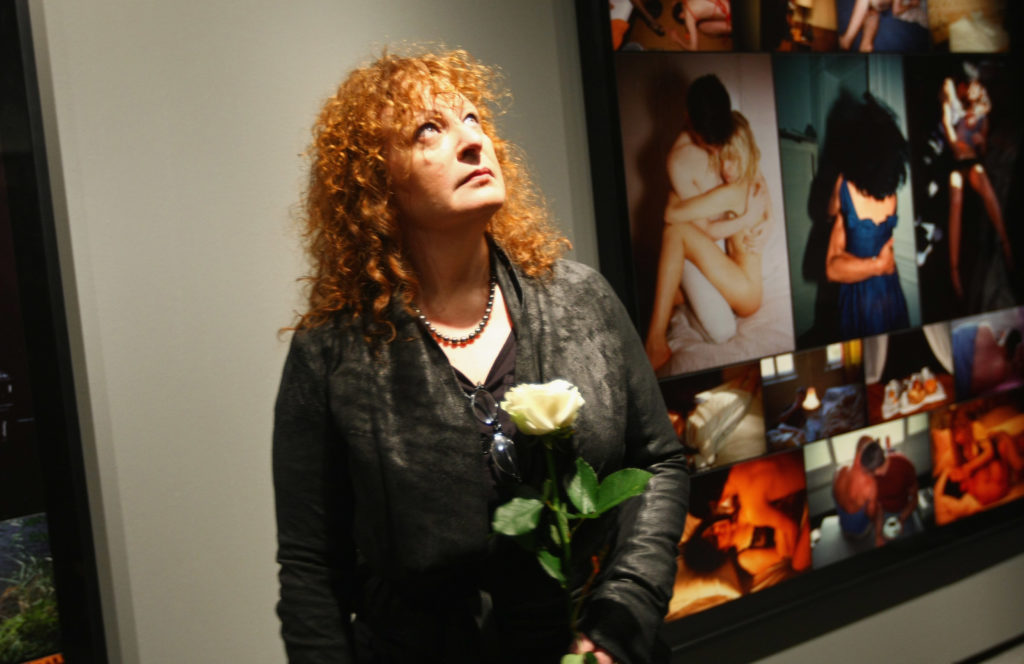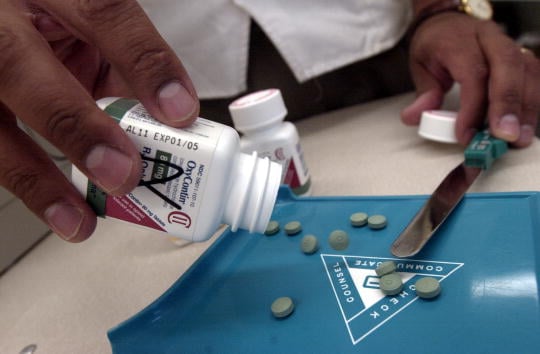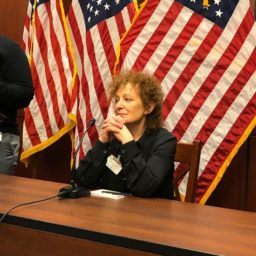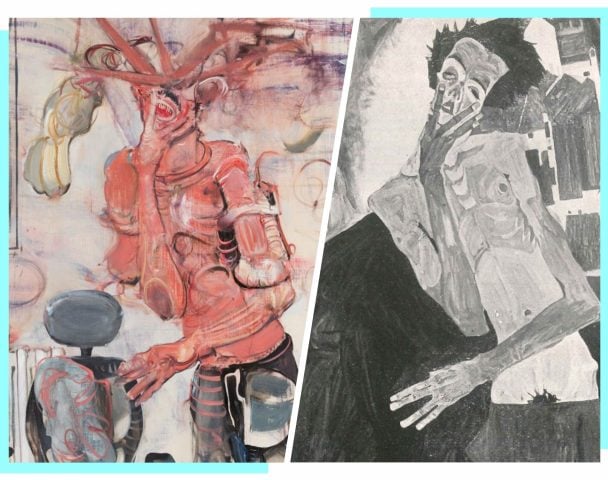Photographer Nan Goldin has founded a new group that seeks to hold members of the Sackler family—noted philanthropists who have made billions from the sale of OxyContin—accountable for their role in America’s opioid crisis.
In an editorial for Artforum, Goldin describes her own battle with OxyContin addiction, for which she entered rehab last January. Her new group P.A.I.N. (Prescription Addiction Intervention Now) aims to pressure the family into using its deep pockets to fund addiction treatment and education.
In October, the New Yorker and Esquire both published in-depth articles about the Sacklers’ use of philanthropy to burnish their image and distance themselves from the highly addictive drug that made them rich.
Indeed, the Sackler name graces wings, courtyards, and galleries at more than a dozen museums around the world, including the Victoria & Albert Museum in London and the Smithsonian in Washington, DC. To date, no institution in the US or UK has been willing to criticize the funders or the source of their wealth, according to a recent investigation by the Art Newspaper. (One branch of the family, the descendants of Arthur Sackler, did not benefit directly from the sale of Oxycontin.)
“To get their ear we will target their philanthropy,” Goldin writes. “They have washed their blood money through the halls of museums and universities around the world.”

American photographer Nan Goldin speaks to journalists at the “Poste Restante” exhibition of her work at the C/O Gallery in 2009 in Berlin. (Photo by Sean Gallup/Getty Images)
A representative from Goldin’s studio did not immediately respond to an inquiry about the group’s membership or advocacy plans. No posts have been made to P.A.I.N.’s Instagram account (@sacklerpain). Its identically named Twitter account has one single posting: the hashtag #ShameOnSackler.
Goldin’s piece in Artforum is accompanied by a new original photograph juxtaposing one of her own pill bottles with a cleverly cropped image of a sign from the Royal College of Art in London that reads “Pain Sackler.”
Addiction has long been a force in Goldin’s life. Her deeply personal breakout work, The Ballad of Sexual Dependency, is an unvarnished look at her drug- and sex-fueled social scene in New York’s East Village.
“After The Ballad was published in 1986, I spent two years in my room. Drugs became my full-time occupation,” she told the Guardian in 2014. “I wanted to get high from a really early age. I wanted to be a junkie.”
Heroin and cocaine were her drugs of choice before she went to rehab in 1988. She battled periodic relapses afterward, but her addition to OxyContin was different. It began several years ago after she was prescribed the drug for surgery. “Though I took it as directed, I got addicted overnight,” writes Goldin. “It was the cleanest drug I’d ever met.”
Artists have a history of involvement in this kind of advocacy; they were an important part of ACT UP, an organization that unleashed powerful demonstrations across the country during the AIDS epidemic. But Goldin notes that the opioid crisis has so far not generated a comparable response. “Most of my community was lost to AIDS,” she writes. “I can’t stand by and watch another generation disappear.”
Representatives from Purdue Pharma, the American arm of the Sackler family’s global pharmaceutical enterprise, did not respond to artnet News’s request for comment.










